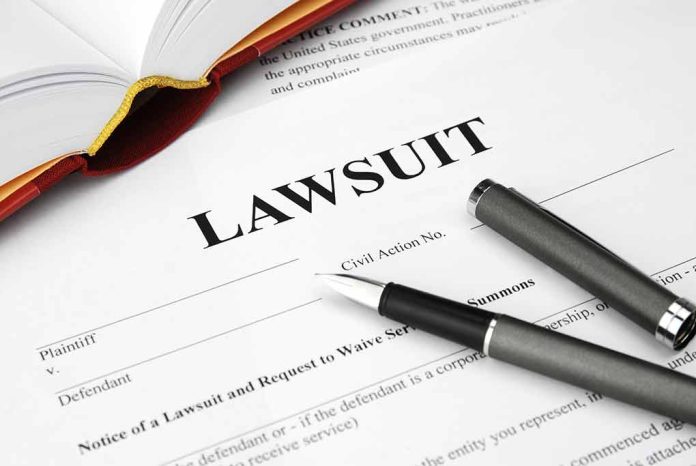
X is heightening legal action against major advertisers, claiming illegal boycotts impacted by Musk’s acquisition of Twitter.
Key Takeaways
- X, formerly known as Twitter, is expanding its lawsuit to include more advertisers in an antitrust case.
- The lawsuit alleges a coordinated boycott led by the World Federation of Advertisers (WFA).
- The WFA’s involvement reportedly caused major advertisers to stop or reduce ad spending on X.
- Elon Musk’s content control policies are central to the dispute.
- The outcome could reshape advertising approaches on digital platforms.
Major Advertisers Added to Legal Battle
X, the social media platform formerly known as Twitter, has extended its legal battle by filing a lawsuit against a number of high-profile brands such as Nestle, Colgate-Palmolive, and Shell. The lawsuit, originally filed against the World Federation of Advertisers (WFA) and the Global Alliance of Responsible Media (GARM), accuses these companies of participating in a coordinated advertising boycott responding to Elon Musk’s 2022 acquisition of Twitter. The aim, according to X, was to undermine Musk’s attempts to relax content control policies on the platform.
Prior to this expansion, the lawsuit had already named organizations like CVS, Twitch, and Mars, alleging that the WFA used GARM’s influence to coerce compliance with its Brand Safety Standards. Elon Musk emphasizes that these standards, enforced through boycotts, have been detrimental to X’s advertising operations, costing significant revenue. The legal claim, furthermore, accuses GARM of misusing its influence to persuade advertisers to either stop entirely or substantially reduce their advertising spend on X from November to December 2022.
Impact on Advertising Revenue and Strategic Adjustments
One notable consequence of the alleged boycott reported in the lawsuit is a considerable decline in advertising revenue for X by 2023. Many GARM-affiliated reportedly companies halted their promotional campaigns on the platform, reducing its capacity to fund its operations through large advertisers. As a result, the social media platform shifted its revenue model towards small- and medium-sized businesses that do not have affiliations with GARM, according to the case..
Elon Musk voiced concerns over X’s user growth, revenue metrics, and the broader financial implications, highlighting the challenging landscape the platform faces in maintaining its foothold in the social media ecosystem.
WFA’s Response and Broader Implications
In reaction to the lawsuit, the WFA halted its operations with GARM, asserting that the litigation diverts essential resources and attention away from their mission. Although the WFA said previously it was planning to contest the lawsuit, it argues that the legal claims misrepresent its intent. This adjustment in strategy further amplifies the tensions between X and the advertising industry. Unilever, another company initially named in the lawsuit, has successfully withdrawn after a settlement with X.
The World Federation of Advertisers highlighted that the lawsuit’s financial demands contributed to GARM’s dissolution, but insisted they will staunchly defend their position in court. As this legal battle unfolds, it could transform how digital advertising is conducted on social media platforms, and it stresses the critical balance between freedom of speech and responsible content moderation.
Sources
- X Adds Major Brands to Advertising Boycott Lawsuit
- X expands lawsuit over advertiser ‘boycott’ to include Lego, Nestlé, Pinterest, and others
- Major brands Nestle, Tyson, Shell, and Colgate added to X lawsuit alleging multi-billion-dollar plot to withhold ad revenue













